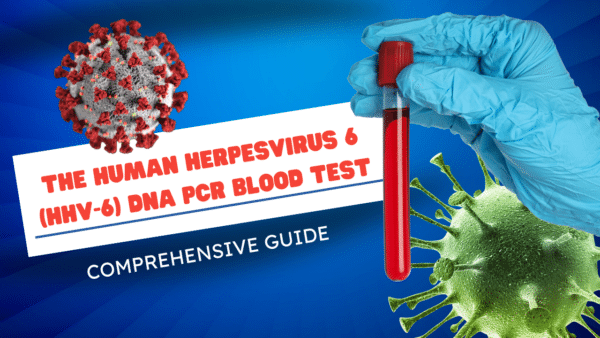What is vitamin D?
Dietary vitamin D is a nutrient that helps the body absorb calcium and phosphorus from food. Vitamin D also helps regulate the levels of calcium and phosphorus in the blood. Most people get their vitamin D from exposure to sunlight, though some foods contain small amounts of vitamin D.
Who is most suffers from vitamin D deficiency?
A national survey showed that 46% of Americans have a vitamin D deficiency, which can lead to health problems such as cancer, osteoporosis, heart disease, and diabetes. Older adults are at especially high risk for a deficiency, as are people who have dark skin, live in northern climates, or don’t get outside very often.
What are the symptoms of vitamin D deficiency?
A vitamin D deficiency can cause a variety of health problems. Some of the most common symptoms are listed below.
•Weak bones and fractures – A lack of vitamin D can lead to weak bones and an increased risk of fractures.
•Muscle pain – People with a vitamin D deficiency may experience muscle pain, particularly in the lower back and legs.
•Tiredness – feeling constantly tired can be a sign of a vitamin D deficiency. •Low mood – Vitamin D is known to play an important role in maintaining mental well-being. A lack of nutrients can lead to low mood and depression.
•Hair loss – Hair loss is another possible symptom of a vitamin D deficiency.
A lack of vitamin D can lead to weak bones and even fractures. This is because vitamin D is essential for the absorption of calcium. Without enough vitamin D, the body cannot absorb enough calcium, leading to weak bones and fractures.
Other symptoms of a vitamin D deficiency include muscle weakness, joint pain, and difficulty breathing. If you experience any of these symptoms, it is important to see your doctor and get tested for vitamin D deficiency.
How can you get more vitamin D in your diet?
You may be wondering how to get more vitamin D in your diet. Foods that are rich in vitamin D include fatty fish, cod liver oil, and fortified foods like milk, orange juice, and cereal. You can also take a vitamin D supplement to increase your intake. Vitamin D is important for bone health and helps the body absorb calcium.
What are the consequences of vitamin D deficiency?
You may be wondering how to get more vitamin D in your diet. Foods that are rich in vitamin D include fatty fish, cod liver oil, and fortified foods like milk, orange juice, and cereal. You can also take a vitamin D supplement to increase your intake. Vitamin D is important for bone health and helps the body absorb calcium.
In conclusion, make sure to get enough vitamin B12 to avoid any negative health consequences. It’s important to speak with a doctor if you’re unsure whether you’re getting enough of the vitamin, a deficiency can cause some serious health problems. You can find vitamin B12 in many different foods, so there’s no excuse not to get enough of it!





